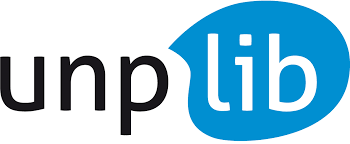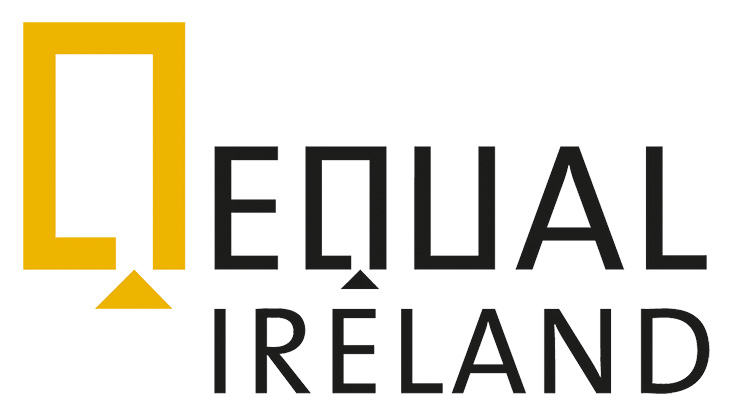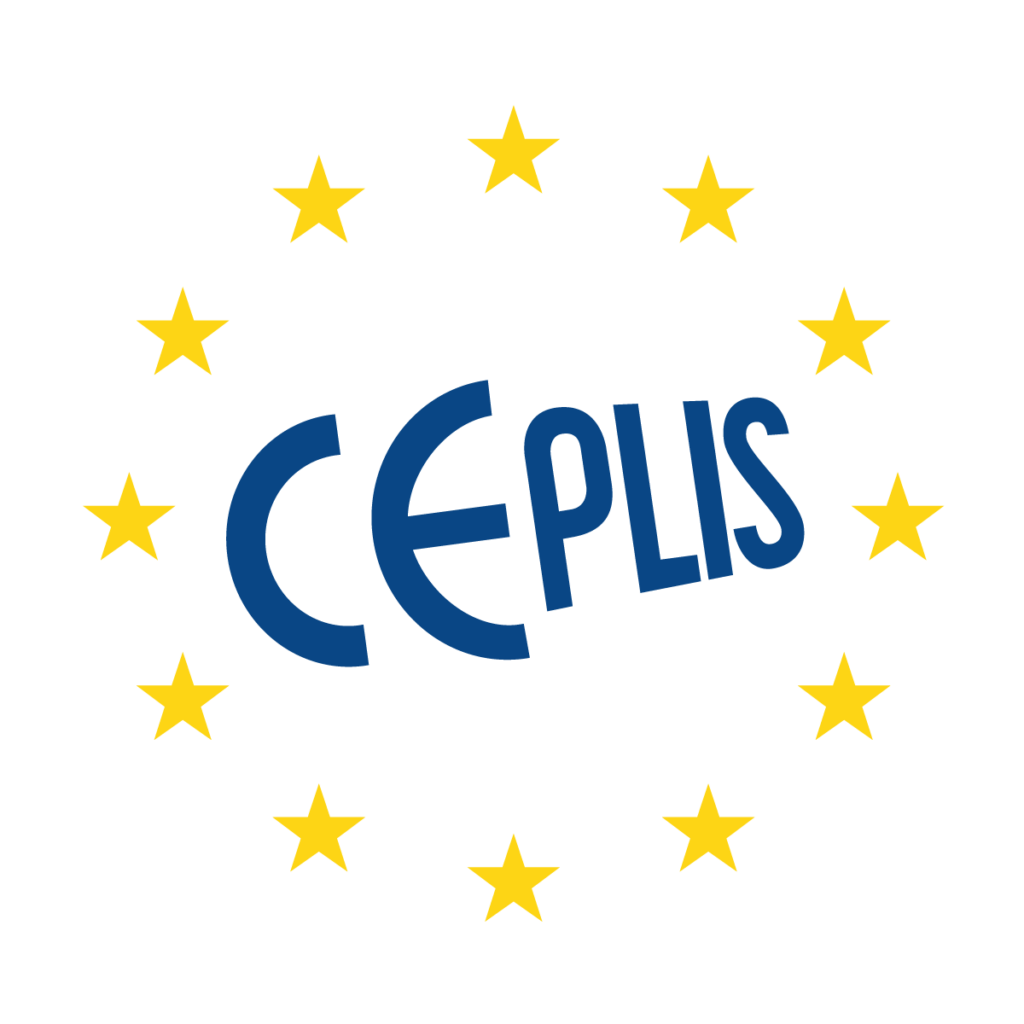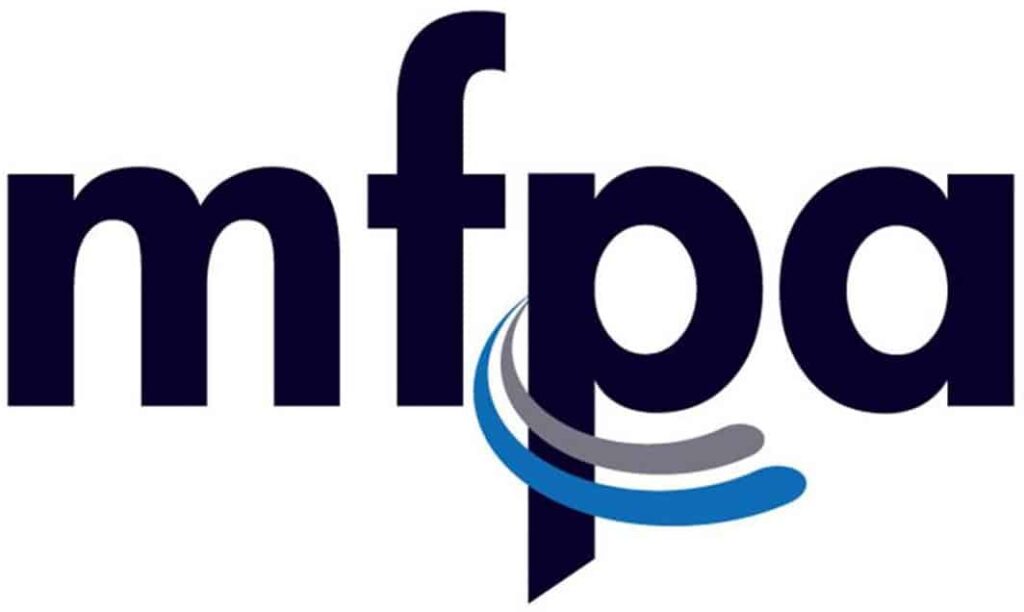SOCIAL PROTECTION FOR THE SELF-EMPLOYED
Social protection for self-employed workers
The aim of the SP4SE project is to strengthen social dialogue at sectoral level, by strengthening the capacities of national social partners to address the need of self-employed professionals to be covered by adequate social protection.
In particular, the project aims to provide social partners with the tools to contribute to the development of social protection reforms and to establish and manage social protection systems autonomously, in line with Council Recommendation 2019/387.
Definition of a social protection model and training of social partners
The project will last two years, starting in September 2023 and ending in August 2025. SP4SE will first examine existing social protection systems for self-employed professionals, and in particular the changes introduced after the pandemic.
The goal is to better understand:
Subsequently, with a view to defining a common social protection model, best practices will be identified, approved by the consortium, analysed and validated by the working groups and finally channelled into a modelling proposal.
Throughout this process, social partners and all other stakeholders identified by the research will be the recipients of an awareness-raising campaign and will be involved in working groups, which will serve as a forum for discussion and exchange of ideas.
Once the modelling proposal is developed, the capacity building phase begins. The aim is to strengthen the capacities of national sectoral social partners and promote their role in ensuring adequate social protection for self-employed professionals.
Given its nature, agreeing on a common definition of self-employment is a challenging task for the project. In addition, social protection encompasses different profiles of social assistance and social security, with large variations between countries, which represents an additional challenge.
In short, this social dialogue project implies a real understanding of both the demand and supply of social protection for self-employed workers. But it also wants, more concretely, to provide the right tools to fill the gaps in social protection.
The consortium is led and coordinated by Confprofessioni , the Italian Confederation of Liberal Professions, and is composed of the following entities: CEPLIS , the European Council of Liberal Professions, from Belgium; MFPA , the Federation of Professional Associations of Malta; EQUAL Ireland Education Research and Related Services Co. LTD. Also participating as associated partners are: UNAPL , the National Union of Liberal Professions, from France; Eurocadres , the Council of European Managers; UNPLIB , the Union of Liberal and Intellectual Professions of Belgium.
REPORTS –
Confprofessioni
Viale Pasteur, 65 – 00144 Rome IT
(+39) 06 542 20278








